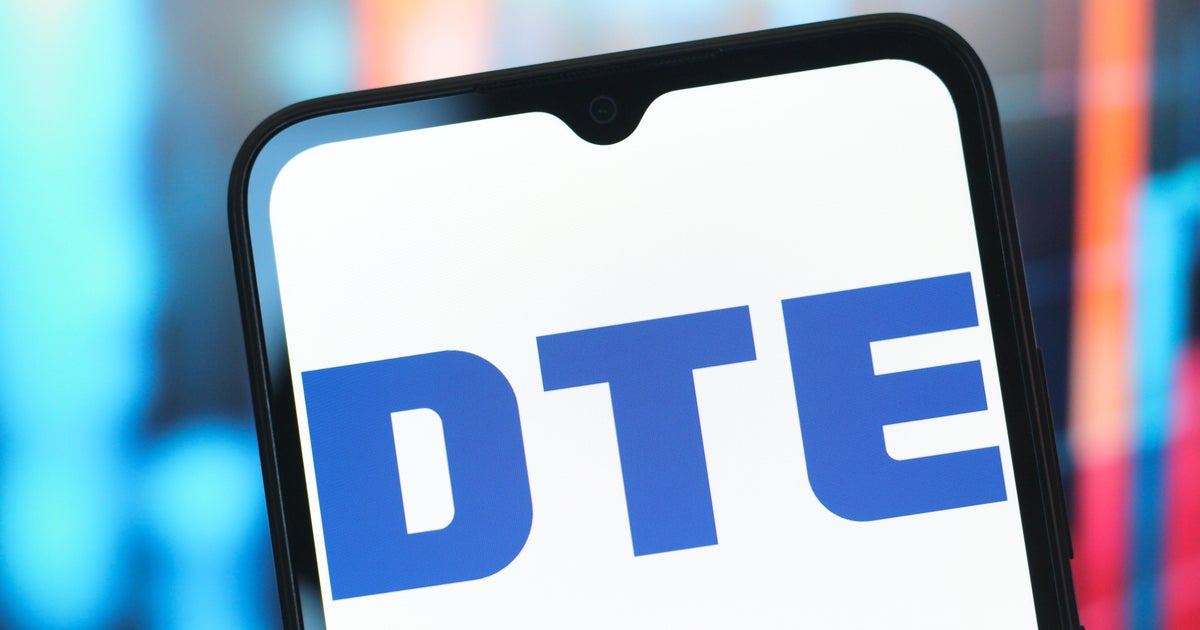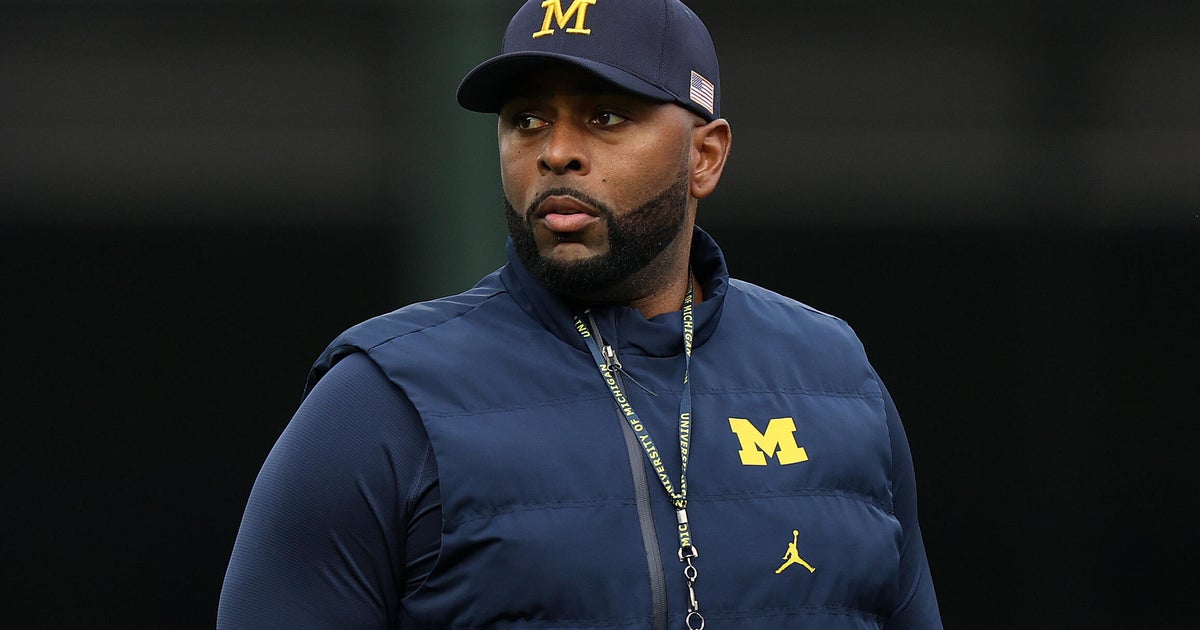Brian Flores Isn't Mad At Bill Belichick, Still Regards Coach As The GOAT
BOSTON (CBS) -- Brian Flores took several obvious risks when he filed his lawsuit against the NFL for racial discrimination. On that list was causing potentially irreparable damage to his relationship with Bill Belichick, his former boss in New England.
While Belichick himself has yet to offer any of his thoughts regarding the matter, Flores indicated on the I Am Athlete podcast that he's not currently harboring any ill will toward Belichick, despite including his text messages in the lawsuit.
"I'm not mad. I mean, Bill did what a lot of us [have done]. He sent a text message to the wrong person. I'm certainly guilty of that before," Flores told hosts Brandon Marshall, Chad Johnson, and Omar Kelly. "To me, I thought it was specific to the lawsuit in that it confirmed a lot of things that I thought were going on, that I think a lot of Black and minority coaches think are going on. It kind of confirmed it for me. As far as having a fair and equal opportunity to go and interview and show your acumen, show your intelligence, show your ability to lead, show your willingness and your leadership. Oftentimes, it's not a fair and equal playing field."
Belichick's text messages in the lawsuit showed the Patriots' head coach sending congratulatory text messages to Flores for getting the Giants' head coaching job. Those texts were sent before Flores had even interviewed, raising Flores' suspicion that a decision had already been made to hire Brian Daboll, another former Patriots assistant. Daboll did end up getting hired by the Giants.
Flores didn't hesitate, though, when asked if Bill Belichick is the GOAT, aka the greatest of all time.
"Yeah, he's certainly that," Flores said. "I mean, I think the one thing people don't know about Bill, is he listens. You know, he listens. So if you have -- and again, you've gotta earn the right for him to listen. But if you have an idea, if you have a thought, if you have a person, there's a matchup that you think we can win, a part in the game, he'll listen. He may add something to it, he may throw it out, but he listens. And I think that's one of his greatest strengths and something I try to take from him when I was in Miami."
With regard to his lawsuit, Flores said that he did not sign his separation agreement with Miami, which would have entitled him to the reported $6 million left on his contract but would have prevented him from filing the lawsuit and speaking out about past incidents involving Dolphins owner Stephen Ross.
"I did not sign my separation agreement," Flores said. "That's part of the sacrifice. That's part of the risk to get this out into the open. This is important. This is a lot more important than money. I grew up in the projects in Brooklyn, in the Brownsville section of Brooklyn. When I made $20,000 as a scout in New England, I thought I was rich. I made $20,000 -- $663 every two weeks. I literally thought I was making it. My first real job. I really thought I was making it. I slept on an air mattress. I was good. So that's part of this for me. Like money is not -- no I'm not signing a separation agreement, because this is bigger than that."
Flores said it was a decision he weighed heavily.
"There was a point there where I went back and forth," Flores said. "You know, I know what I'm risking, I know what I may be sacrificing. But there was a point there, and I'm talking to my wife and saying, 'I'm not going to be able to live with myself if we don't file this lawsuit. I'm going to have so many regrets' -- not because of me, but because of everyone that is coming behind me. So that's why."
As for other minority coaches not speaking up and joining his lawsuit, Flores said their inability to do so -- based on their own separation agreements -- is part of the issue he's trying to illuminate.
"I think there's a lot of layers to that. And time will -- I think in time, we'll hear more stories. But my story is not the only story. It's one that a lot of guys have gone through," Flores said. "Guys who have been fired and signed a release, so they literally can't come on a discrimination lawsuit. I mean, think about that for a second. You signed this release so you can get your money, and in doing that, you can't file a discrimination lawsuit. Those are your choices. Think about that for a second. I mean, that's what's happening. That's what we're fighting. That's what we're fighting against. Those are some of the changes that need to be made, because we can't be silenced. We can't be silenced."







